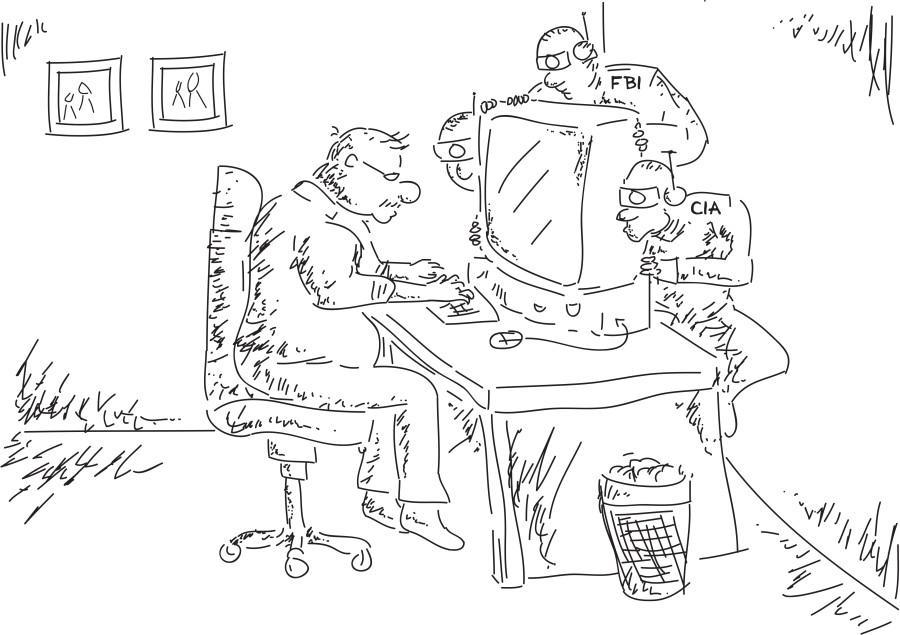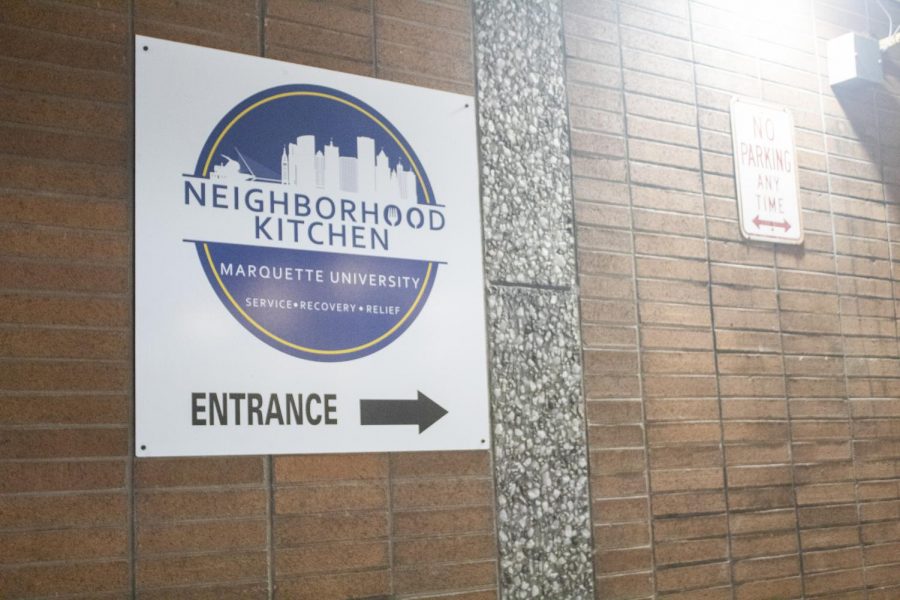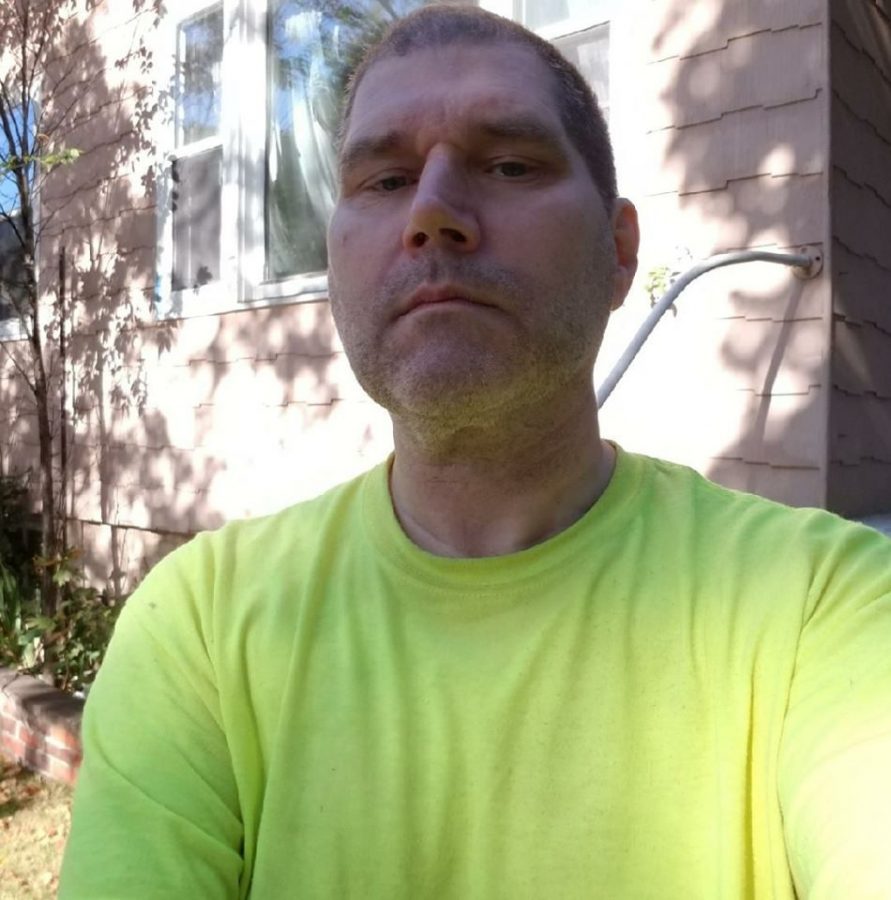
Social media has enabled us to create a constant live feed of our every thought and action. Almost every meal is Instagrammed, and every party is added to Snapchat Stories. Despite over-sharing our personal information, we remain quite concerned with protecting our privacy.
The extent of our right to privacy has been debated for years. However, recent legislation and technological advancements have brought the issue under closer scrutiny.
In late October, a federal judge asked Apple Inc. for assistance in accessing user data on a seized iPhone thought to be involved in criminal activity. The company responded by announcing that encrypted data on locked iPhones running iOS 8 and higher cannot be accessed by anyone without the passcode, including Apple.
This has sparked a discussion on the ethics and safety of advancing data security measures. Some believe these security measures help keep users’ personal information from being compromised, while others see them as protection for criminals.
The discussion is not new. The privacy issue has been in the spotlight since the controversial passing of the USA Patriot Act under the George W. Bush administration in 2001. The legislation permits widespread government surveillance of citizens’ phone and internet activity. Though its stated purpose is to aid in counter-terrorism efforts, millions of Americans believe that the act oversteps boundaries and infringes on personal privacy.
“Overstepping boundaries” might sound ridiculous to some. After all, if you have nothing to hide, you have nothing to worry about, right? In theory, this is true. People aren’t eager to share their sometimes embarrassing browser history or intimate text messages, but surely this minor embarrassment is worth saving lives by thwarting potential terrorism.
Others worry that the surveillance will result in prosecution of petty crimes instead of terrorism. Rest assured, FBI agents are not concerned with underage drinking. This fear is not entirely baseless however, as there have been a number of controversial invocations of the legislation.
Provisions of the Patriot Act have allowed law enforcement to obtain otherwise secure information in dozens of investigations into offenses ranging from drug trafficking to copyright infringement.
This may not seem immediately concerning since these are relatively severe crimes, but the fact remains that the legislation is misused. Though the investigations in question were all fully justified by the Patriot Act, the act itself was meant to aid counter-terrorism, rather than crack down on everyday crime.
Therein lies the problem. If security measures are already misused, who’s to say that this misuse won’t continue or expand? Maybe one day college freshmen really will need to fear legal consequences for sending texts about underage drinking.
Allowing constant surveillance of the entire U.S. population gives a tremendous amount of power to those who can access the data. Despite their many differences, Republicans and Democrats can all find common ground in their general distrust of government officials, and rightfully so. Political corruption is so commonplace that it no longer shocks us. I’m sure my fellow Illinois natives will recall governor Rod Blagojevich’s refusal to give his senate seat away for “f***ing nothing.”
Do we really want government officials of similar character to have access to our credit card and bank account information? Or personal secrets that could be used as blackmail to extort money? I definitely do not.
Perhaps this sounds like a crazy conspiracy theory. There are certainly a lot of what-ifs in this argument. You may even think that these risks are not enough to overrule legislation that helps fight terrorism. Unfortunately, the Patriot Act has actually been ineffective in doing that.
According to the Washington Times, U.S. Justice Department Inspector General Michael Horwitz has stated that Section 215 of the Patriot Act, the provision which allows bulk data collection, has yielded no terror-related case developments.
If the Patriot Act and other security legislation has successfully impeded terrorism, then maybe we have to sacrifice some of our rights to preserve our safety. But this is not the case. Surrendering even small amounts of privacy can be a slippery slope. I am no conspiracy theorist, but allowing the government unlimited access into aspects of our lives as personal as phone calls to loved ones is almost as scary as the threat of terror.







